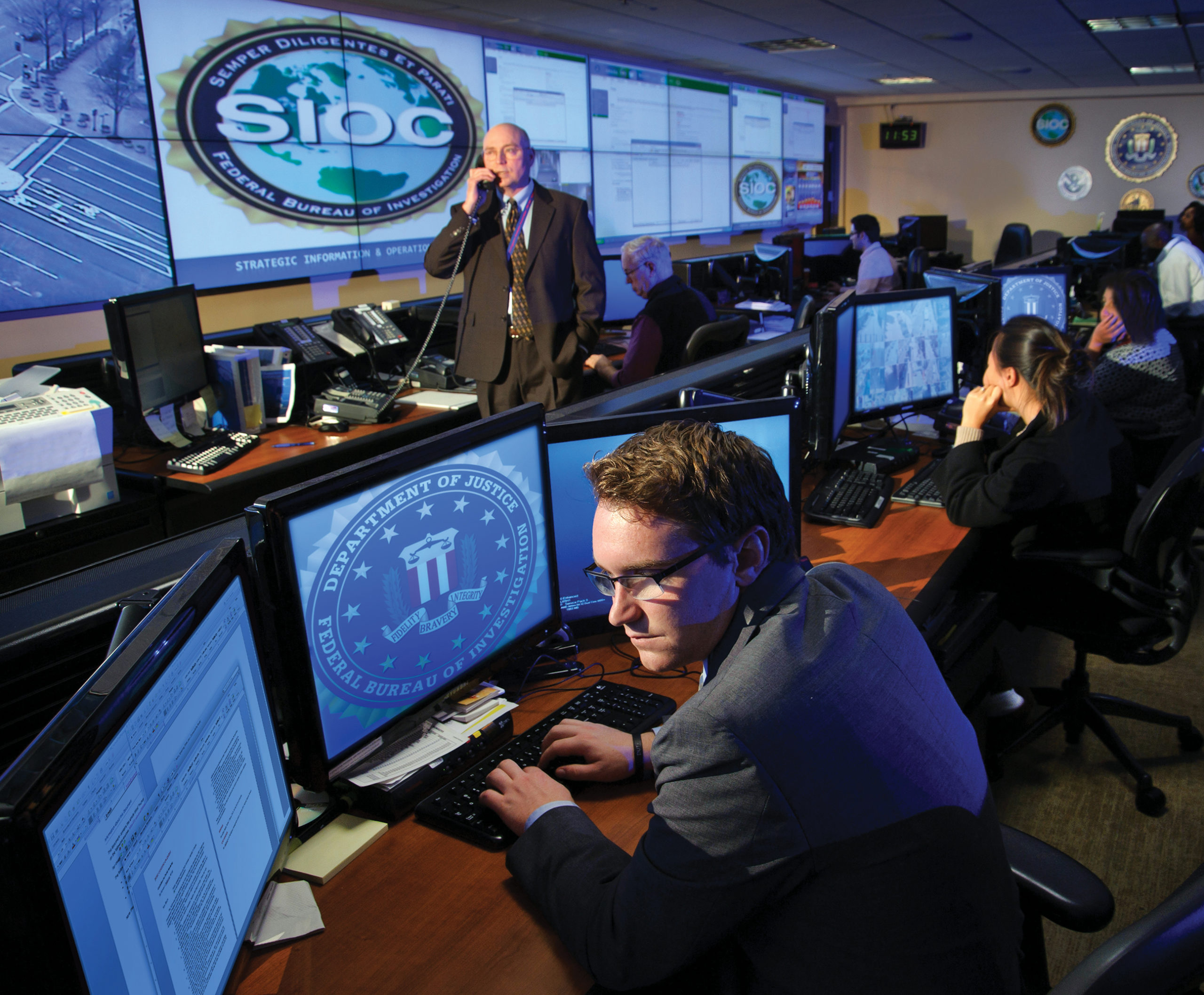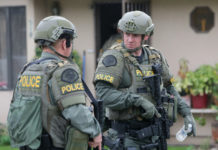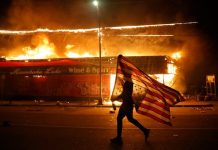We so often see the words ‘Law and Order’ placed together, it is as if they were just one word. The phrase is even the name of a few popular TV series. But the phrase itself is worthy of discussion. Perhaps this need to be emphasized more for recent events than at any other time. Let’s dig.
The first half of the phrase is ‘Law’. Now, I know there are several types and flavors of ‘law’: natural law, international law, God’s law, criminal law, procedural law, maritime law, etc. But I’d like to limit the scope of this writing to United States criminal law. The law that gets decided when we meet our maker is beyond my abilities, and will happen whether I opine upon it or not. Law for countries other than the US are such a wide variety of rules, they are difficult to amass into a single writing—and I am not nearly informed enough on such issues to write with any depth. I’ve written a separate piece detailing the failings of ‘administrative law’, so I won’t repeat that here (but please, go read the other article, published on October 17, 2020!) Law, for the sake of this discussion, is the set of rules codified in the United States, via local, State, or Federal legislatures, that defines what behavior exceeds legal, such to require punishment (if caught and convicted, of course).
US laws cover everything from operating motor vehicles at an unsafe speed (speeding), to damaging or destroying someone else’s property (vandalism), to taking someone else’s property (theft), to prematurely ending someone’s life (murder or homicide, depending upon circumstances). The penalties for breaking such laws have appropriately various punishments, from minor fines, to community service, to major fines, to imprisonment, to the death penalty in extreme cases (only in some States).
We have some problems with the system as a whole. Obviously, not all infractions are caught—some lawbreakers simply get away with it. That isn’t the fault of ‘law’ per se, but a measure of reality: we do not have enough police to view everyone’s activity (nor do we want that level of Big Brother presence). Not all that break the laws leave enough evidence to prosecute them for their crime. It may be painfully obvious who did what, but without proof, we are back at the ‘get away with it’ stage. Next, there may be proof, enough for a trial, but not enough to convince a jury or judge of their guilt. In addition, juries and judges may be quite lenient in dispensing punishment even after assessing guilt—again, not the fault of the ‘law’. Finally, we have a real issue for current times: discretionary enforcement. Some District Attorneys have decided which issues to pursue and which to give a pass. Last Summer’s protests and riots are examples of the latter: arrested known arsonists, looters, and vandals were released without charges. On the other hand, political pressures can cause non-severe lawbreaking to be handled as critical importance: see the folks arrested for the January 6th event at the Capital. Again, independent of the ‘law’, but an important facet of enforcement.
‘Order’ is a byproduct of ‘law enforcement’. If law enforcement is consistent and thorough, society operates in an orderly fashion. Law-abiding folks are naturally orderly, if only to avoid punishments. Law-breaking, by definition, is disorder. It requires all of the police, justice, legal, and penal systems to attempt to restore order to things. Vigorous law enforcement usually improves the orderliness of a given area: see former Mayor of New York City Rudy Giuliani’s policy effects upon NYC. NYC went from the ‘murder capital of the world’ to a very nice, livable place, all because of rigid enforcement of existing laws. Unfortunately, the converse is true: relaxing enforcement of existing laws returned NYC to an unpleasant condition. The criminal element knows precisely where the enforcement lines are drawn, and reacts accordingly. A newer example: the DA in San Francisco, CA announced they would not be prosecuting shoplifting crimes of under $1,000 in value. The immediate impact: a spike in shoplifting up to but not exceeding $1,000! The long-term impact: several retailers have pulled up stakes and left the San Francisco market entirely. At last count, 17 Walgreen stores have closed there—it seems that operating a store in an area where theft is allowed, if not sanctioned, is a poor profitability business model. Not only have those jobs disappeared, but the convenience of such stores for law-abiding citizens living in the area is gone as well. This is a stark definition of disorder. And the effects of such disorder may not be complete. Stay tuned to this dynamic—the rest of the US is watching.
On a national scale, both the FBI and DOJ have been recently painted as political enforcers, rather than apolitical investigative bureaus. That is the very antithesis of ‘law and order’. Inconsistent investigations, arrests, and prosecutions lay waste to their departments’ original objectives. The FBI has jurisdiction over the following crime investigations: forgery, kidnapping, bank robbery, interstate crime, and their newest function, terrorism (domestic and international). The definition of that last group is so nebulous, it gives them jurisdiction over whatever they choose to operate upon. Consider: the FBI sent multiple agents, at a moment’s notice, to investigate NASCAR driver Bubba Wallace’s contention of a racist hate crime—that turned out to be a harmless, common garage door pull, not a noose. Yet the same FBI is notoriously silent regarding potential criminal activity during the 2020 Presidential election. I have yet to identify which of the FBI’s charter jurisdictions a ‘racial hate crime’ falls into. The DOJ turned its ‘Justice’ initial backwards in its rabid, illegal prosecution of former general Michael Flynn. Not only did they ‘interview’ (read interrogate) him without his lawyer present, they pursued prosecution not based upon evidence, but upon the hope that he would provide information detrimental to then President Donald Trump! The DOJ/FBI were even caught falsifying email testimony to make their case! They even threatened prosecution of Flynn’s son, just to coerce a guilty plea from Flynn. This destroys any known definition of ‘justice’. It much more closely aligns with totalitarian governments that instill their unique version of ‘justice’—meaning, whatever the powers that be want it to be. For a country founded upon ‘law and order’, this must be the worst statement possible. We live in interesting times.
Thank you for taking the time to read my article! Feel free to add comments (good or bad) in the box below. In addition, there is a link at the bottom of the article to view other items I’ve written at Global Liberty Media. Enjoy!
























